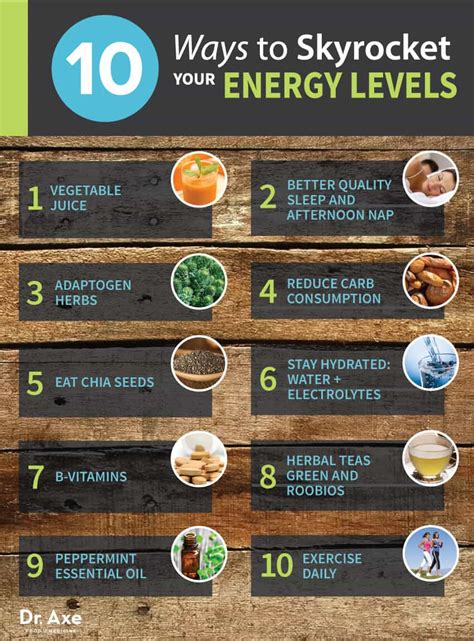How to naturally optimize male T-levels for peak energy & performance?

Testosterone, often called the primary male sex hormone, plays a pivotal role in more than just libido and muscle mass. It influences energy levels, mood, bone density, red blood cell production, and even cognitive function. As men age, T-levels naturally decline, but modern lifestyles can accelerate this process, leading to symptoms like fatigue, low mood, decreased strength, and reduced vitality. The good news is that many natural, actionable strategies can help optimize your testosterone levels, leading to significant improvements in overall health and performance.

The Foundational Role of Nutrition
What you eat directly impacts your hormonal balance. To support healthy testosterone production, focus on a diet rich in whole, unprocessed foods. This means plenty of lean proteins, healthy fats, and complex carbohydrates.
Prioritize Healthy Fats
- Monounsaturated and Polyunsaturated Fats: Found in avocados, nuts, seeds, olive oil, and fatty fish (like salmon and mackerel), these are crucial for hormone synthesis. Don’t shy away from healthy fats; they are not the enemy.
- Cholesterol: Testosterone is synthesized from cholesterol, so consuming adequate amounts of healthy cholesterol from sources like eggs and lean meats is beneficial.
Essential Micronutrients
- Zinc: A critical mineral for testosterone production. Oysters are famously high in zinc, but you can also find it in red meat, poultry, beans, nuts, and dairy.
- Vitamin D: Often referred to as the “sunshine vitamin,” Vitamin D is actually a pro-hormone. Studies link higher Vitamin D levels to higher testosterone. Aim for regular, safe sun exposure or consider supplementation, especially in darker months.
- Magnesium: Involved in over 300 biochemical reactions in the body, magnesium can help increase free and total testosterone. Good sources include leafy greens, nuts, seeds, legumes, and whole grains.

Exercise for Hormonal Harmony
Regular physical activity is one of the most potent natural testosterone boosters. However, the type of exercise matters.
Strength Training is Key
Lifting heavy weights, particularly compound movements like squats, deadlifts, bench presses, and overhead presses, stimulates a significant testosterone release. Focus on progressive overload, aiming to lift heavier over time, and ensure adequate rest between workouts for recovery and hormone production.
High-Intensity Interval Training (HIIT)
Short bursts of intense exercise followed by brief recovery periods can also effectively boost T-levels. HIIT sessions are time-efficient and can improve overall fitness and hormonal health.
While cardiovascular exercise is vital for heart health, excessive long-duration cardio can sometimes increase cortisol (a stress hormone) which can suppress testosterone. A balanced approach incorporating strength training, HIIT, and moderate cardio is ideal.

Mastering Stress and Sleep
Chronic stress and poor sleep quality are silent testosterone killers.
Combatting Chronic Stress
When you’re constantly stressed, your body produces more cortisol. High cortisol levels are inversely related to testosterone levels – as one goes up, the other tends to go down. Incorporate stress-reduction techniques into your daily routine:
- Meditation and mindfulness
- Deep breathing exercises
- Yoga or Tai Chi
- Spending time in nature
- Engaging in hobbies or activities you enjoy
Prioritizing Quality Sleep
Most of your testosterone is produced while you sleep. Aim for 7-9 hours of high-quality, uninterrupted sleep per night. Poor sleep can dramatically lower T-levels, even in young, healthy men. Establish a consistent sleep schedule, create a dark and cool sleep environment, and limit screen time before bed.

Smart Lifestyle Choices
Beyond diet, exercise, stress, and sleep, several other lifestyle factors influence testosterone.
- Limit Alcohol Consumption: Excessive alcohol intake can directly harm Leydig cells in the testes, which produce testosterone, leading to reduced levels.
- Avoid Endocrine Disruptors: Plastics (BPA, phthalates), pesticides, and certain personal care products contain chemicals that can mimic or interfere with hormones. Choose glass over plastic, opt for organic produce, and select natural personal care items where possible.
- Maintain a Healthy Weight: Excess body fat, particularly visceral fat around the abdomen, increases the activity of an enzyme called aromatase, which converts testosterone into estrogen. Losing weight can significantly improve T-levels.
- Sun Exposure: As mentioned with Vitamin D, getting regular, safe sun exposure can naturally boost your levels.

Conclusion
Optimizing your testosterone levels naturally is not about a single magic bullet but a holistic approach to health. By consistently implementing strategies related to nutrition, exercise, stress management, sleep, and smart lifestyle choices, you can significantly enhance your body’s ability to produce testosterone. This, in turn, can lead to increased energy, improved physical performance, better mood, and a higher quality of life. Be patient, stay consistent, and consider consulting a healthcare professional for personalized advice, especially if you suspect low T-levels.









